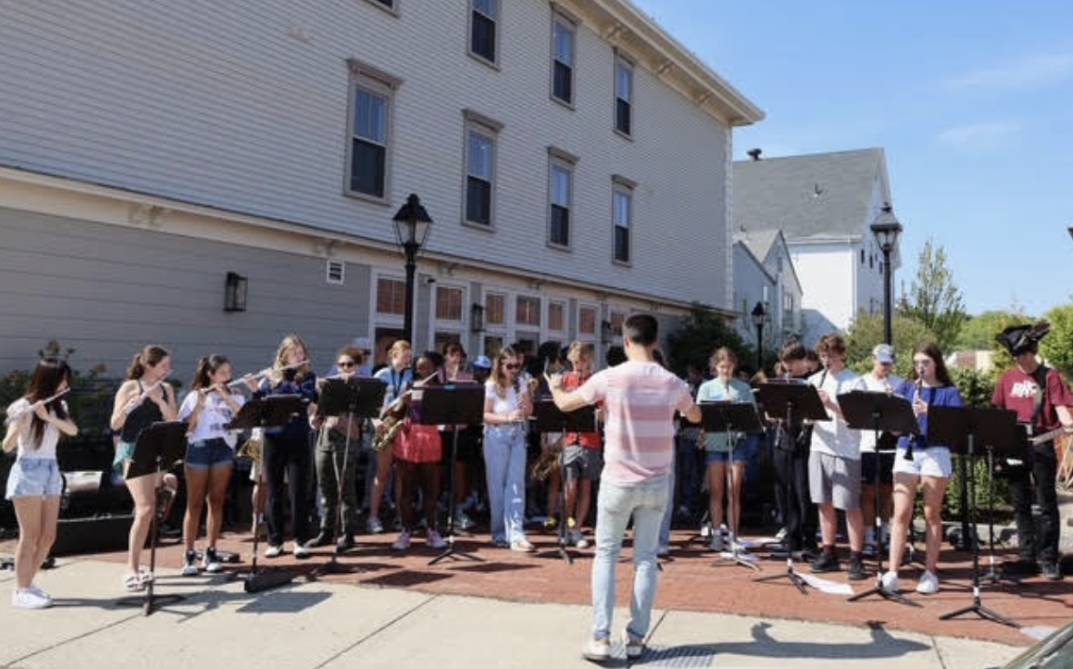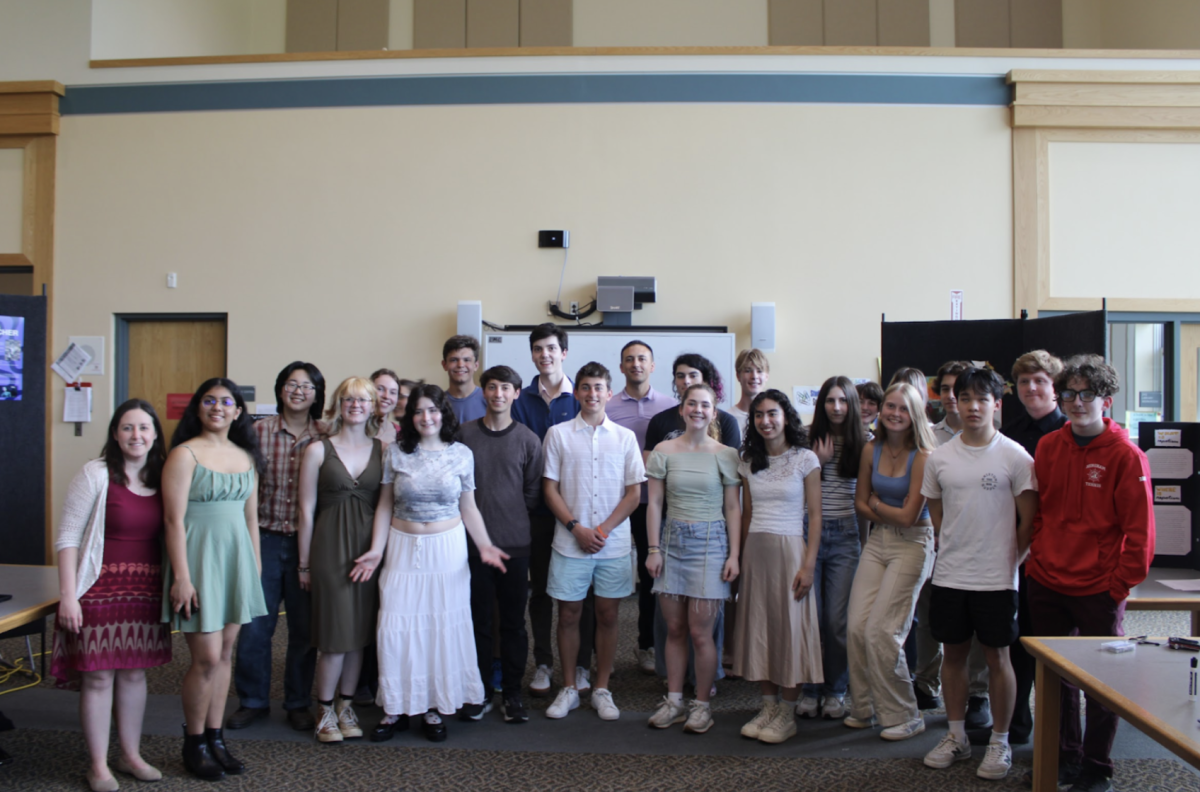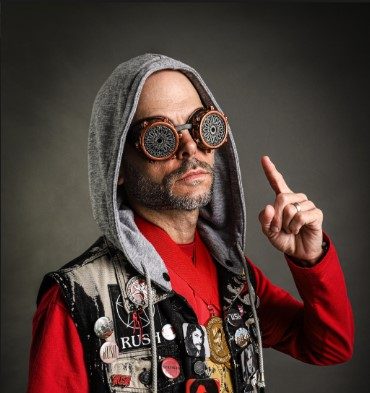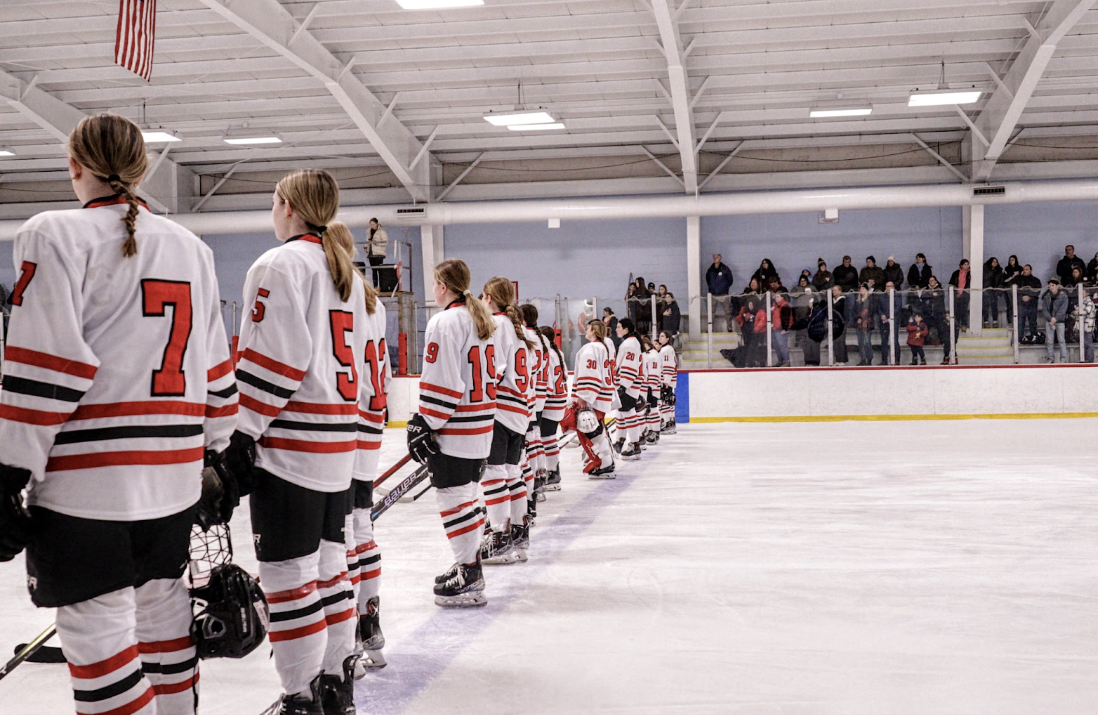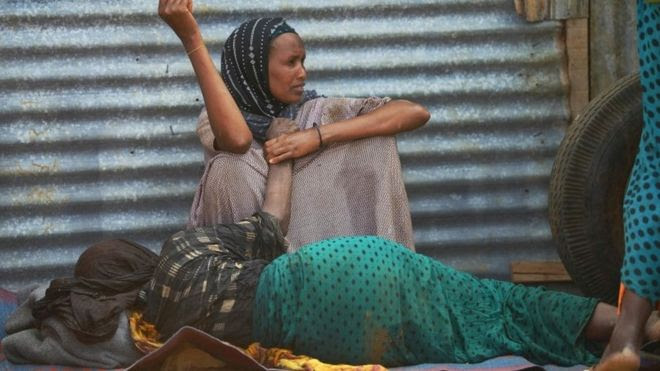Drought and Famine: The Current State of Somalia
March 26, 2017
For the third time in the past 25 years, Somalia is currently caught in the paralyzing grip of drought. This drought has caused the death of livestock, the drying up of rivers and wells, the failure of crops, and famine to plague the country. And people are dying because of it.
According to Prime Minister Hassan Ali Khaire, at least 110 people, a prominent amount of them being women and children, died from starvation and drought-related illness in Somalia in the 48 hours leading up to March 4th, 2017 alone.
As of March 21, 2017, at least 26 other Somali people have died from starvation due to the famine in Somalia’s southern region of Jubaland only. These deaths are said to have occurred all within the 36 hours leading up to March 21. On this day, the regional interior minister and drought committee chairman Abdirahman Mohamed Hussein appealed for emergency aid because of the persistent damage caused by the devastating drought in Jubaland.
The increasing death tolls do not seem to be faltering. UN Secretary General Antonio Guterres stated that the people of Somalia remain in desperate need of aid. Thousands of people and hundreds of families have fled the region of Jubaland in search of refuge in the Somali capital in Mogadishu. Some of these refugees have received food from the residents in Mogadishu, but it is known that aid is desperately needed in order to feed the large masses of the starving.
One refugee named Ibrahim Abdow spoke to Reuters news agency about how he traveled by donkey and bus out of Jubaland. “Our cows and farms have perished,” he told Reuters. “The rivers have dried and there are no wells there.”
On March 22, 2017, the following day, U.N. deputy spokesman Farhan Haq told reporters that “the humanitarian situation continues to deteriorate.”
Haq made the point that the state of Somalia has been a problem for longer than many news outlets let on. He confirmed that nearly 257,000 Somali people were forced to leave their homes between November and February. These people are either currently internally displaced or crossing borders. About 4,300 Somalis left Somalia and entered Ethiopia.
Aside from displacement, Haq revealed that over 13,000 cases of “acute watery diarrhea” and cholera are plaguing the people of Somalia. More than 300 deaths have happened directly from these illnesses since the beginning of this year alone.
“I had no idea the consequences of the drought were so significant,” commented HHS student Catharine Denning. “The drought hasn’t been the topic of any recent discussion that I’ve been apart of. I wish more measures were being taken to aid the Somali people.”
The U.N. appealed for $864 million dollars in order to pay and aid the damage in Somalia. However, only a mere 31% of this money has been raised–an amount too far off from the goal considering the rapid rate of deaths occurring.
Fortunately, in addition to these international humanitarian agencies, some Hollywood celebrities have contributed to the cause by actively raising awareness and money. Ben Stiller, an actor, has teamed up with various social media stars from famous platforms such as YouTube to raise almost $2 million dollars in less than one week. This Love Army for Somalia campaign initially strived for only $1 million to aid Somalia with crucial supplies. Now, the campaign continues to grow and currently includes relevant social media stars as well as Colin Kaepernick, an American football quarterback known for causing controversy by taking unique stands against injustice.
This group now aims to gain traction in a way similar to that of the ALS ice bucket challenge by creating an internet trend of raising money for the cause. Many other celebrities continue to join the group, and Turkish Airlines has now offered a full cargo plane as well as further deliveries to Somalia to assist in righting the wrongs imposed by the drought.
“This is the story of what can happen when the power of social media is leveraged for something good,” YouTuber Casey Neistat, one of the social media stars involved in the campaign, mused in a YouTube video. While the work these stars are doing is certainly important, it is sadly not enough; scarily, international governments seem less involved than these celebrities. Thankfully, the drought in Somalia was a prominent part of the agenda for the UN Security Council meeting in New York led by UK Foreign Secretary Boris Johnson on March 23, 2017.
As stated previously, this is not the first drought to hit Somalia in recent years. A previous drought swept over Somalia between 2010 and 2012. An estimated 260,000 people died as a result of the famine caused by it. Boris Johnson visited Somalia recently as part of a tour of East Africa. During the meeting he led, he insisted, “if the international community learned the lessons of 2011 and acted decisively, famine could be prevented.”
Sophomore Abby Fennelly agrees with the words of Johnson and the UK’s desire to help Somalia. “I don’t really feel like the US is talking about it. I see more on my newsfeed about Ivanka Trump’s business relations with Nordstrom than I do about the millions of lives at risk in Somalia and surrounding countries affected by the drought,” Fennelly speculated. “If there was more widespread awareness of the dire situation maybe more people would be inclined to provide funding for aid to Somalia and the camps for internally displaced persons where many Somalis have ended up.”

















